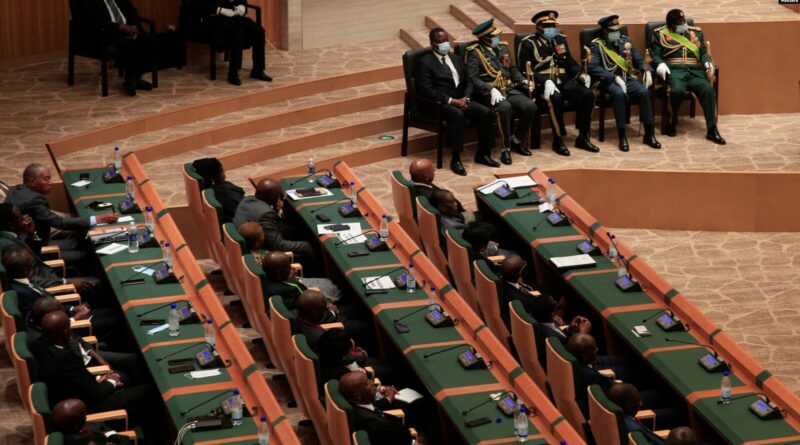Zimbabwe Senate Approves Death Penalty Removal
Zimbabwe has taken a significant step towards criminal justice reform as the Senate approved the bill to erase the death penalty. The bill now awaits final approval from Emmerson Mnangagwa, the president, to officially become law.
The year 2005 was the last time capital punishment occurred, and yet more than 60 prisoners remain on death row. President Mnangagwa, a forthright opponent of the death penalty, has continuously spoken out against it, drawing from his own experiences when he was sentenced to death during the Zimbabwean liberation war in the 1960s but later received clemency and spent a decade in prison instead.
The debate leading up to the bill’s approval was characterised by profound emotional and philosophical discussions on justice, punishment, and humanity. Also, Justice Minister Ziyambi Ziyambi advised the Senate to reflect on the cultural and ethical implications of the death penalty, emphasising its irreversibility and questionable deterrent effect. He pointed to Zimbabwe’s traditional values, which prioritise restitution over retribution, stating, “Culturally, before colonisation, we did not advocate for the death penalty as a means of justice.”
Senator Christopher and many other legislators supported the abolishment of the death penalty. She referred to President Mnangagwa’s survival as a testament to second chances; arguments about abolition were also in high demand. Another senator, Linda Sibanda, objected to her reservations with a saddening personal story. She narrated her pain over the merciless killing of her cousin. She questioned the morality of sparing an apprehended murderer in terms of such an incident. Also, She expressed her grief, saying, “It is so painful to spare a murderer who shows no remorse.“
Over 112 nations worldwide have scrapped the death penalty, with 142 nations either legally or effectively removing it from practice. Other neighbouring countries in Africa, like Mozambique, South Africa, and Namibia, have long adjusted away from open execution. Rwanda also later joined in 2007.
Many feared that the abolition of capital punishment could promote more criminals, and others questioned the preparedness of the justice system to address the main causes of crime without these judicial measures. As the bill heads to the president’s desk, Zimbabwe is on the verge of balancing justice reform, societal healing, and the demands of the victim’s families.
If the president, Mnangagwa, eventually signs the bill into law, this action will put the country as a leader in human rights advocacy within the region.
World Bank Set to Approve $500M Loan for Nigeria
Content Credit| Igbakuma Rita Doom
Picture Credit | https://www.newzimbabwe.com/zimbabwe-senate-passes-dreaded-patriotic-bill/#google_vignette




